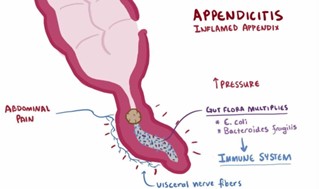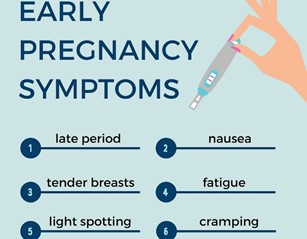Desmopressin acetate (DDAVP) is prescribed to a patient for the treatment of diabetes insipidus. The nurse administering the medication monitors the patient for which therapeutic response?
Decreased blood pressure.
Decreased urinary output.
Decreased blood glucose.
Decreased peripheral edema.
The Correct Answer is B
Desmopressin acetate (DDAVP) is a synthetic hormone used to treat diabetes insipidus, which is a condition that causes excessive urination and thirst due to a lack of antidiuretic hormone (ADH) production in the body. By mimicking the effects of ADH, Desmopressin acetate (DDAVP) helps to reduce the amount of urine produced by the body and increase water reabsorption, which helps to alleviate symptoms of diabetes insipidus.
Therefore, the nurse should monitor the patient's urinary output and ensure that it decreases in response to the medication. It is important to note that Desmopressin acetate (DDAVP) can also cause hyponatremia (low sodium levels in the blood), so sodium levels should also be monitored during treatment.

Nursing Test Bank
Naxlex Comprehensive Predictor Exams
Related Questions
Correct Answer is D
Explanation
A decrease in the level of consciousness is a serious sign and could be an indication of worsening conditions. It is essential for the nurse to ensure that the patient's airway is open and clear, as a compromised airway can lead to hypoxia and a further decrease in consciousness. Therefore, maintaining a patent airway should be the nurse's priority action in this situation.
While monitoring blood pressure and restricting oral intake may be important interventions in certain situations, they are not the priority actions in this scenario. Administering SQ insulin may not be necessary for a patient with hypothyroidism and acute appendicitis.


Correct Answer is C
Explanation
Nausea and vomiting are common symptoms of early pregnancy, and abdominal pain can also occur due to various pregnancy-related conditions. Therefore, it is essential to rule out pregnancy as a potential cause of the patient's symptoms before pursuing other diagnostic options.
Once pregnancy has been ruled out, the nurse can ask additional questions such as those listed in options a, b, and d to further narrow down the potential causes of the patient's symptoms.

Whether you are a student looking to ace your exams or a practicing nurse seeking to enhance your expertise , our nursing education contents will empower you with the confidence and competence to make a difference in the lives of patients and become a respected leader in the healthcare field.
Visit Naxlex, invest in your future and unlock endless possibilities with our unparalleled nursing education contents today
Report Wrong Answer on the Current Question
Do you disagree with the answer? If yes, what is your expected answer? Explain.
Kindly be descriptive with the issue you are facing.
